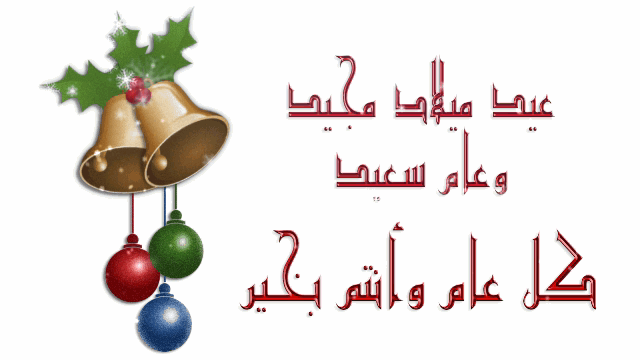“It’s Christmas Eve tonight,” my boss said to me, speaking in a gentle, sentimental tone. “We should do something for the nurses on the floors.”
I was surprised. Surprised because this was Saudi Arabia where Christmas is kept under wraps (this was 2001). And my boss was a Saudi man. I felt moved. Moved because he was putting the sentiments of the staff above and beyond the cultural norms.
“Do you have any ideas?” I asked.
A man in his sixties, he adjusted his red and white checkered headdress, draped one end over his white thobe and was pensive.
“I going to ask Ron to join me in making rounds on the floors this evening and wishing them a Merry Christmas.” Ron was one of the staff in our department, an American and a Christian.
Ahhh! I get it. Doing something for the nurses could not include gifts, cards, or anything visibly Christmas-ee.
It was only when I went to live in Saudi Arabia that I learned that Christmas celebrations were not permitted. And I don’t mean no Christmas trees in the plazas, shopping malls, or even the front lawn. I mean no Christmas trees with sparkling lights visible from your window. No gathering of friends in your living room to sing Christmas carols, no Christmas cards in the stores, or anything Christmas-ish for that matter. No religious gatherings, period. Again, that was 2001.
For that matter, no discussion on religion either. Or I would have pointed out God’s revelation in the Quran on Jesus (Peace be Upon Him), Jesus speaking from the cradle, the miracles he performed, the chapter of Mary, the annunciation, the miracle of his birth, and Mary “the most exemplary woman of all times”. A ban on Christmas?
One day I had to give a presentation on data collection for quality control. As I sat at my desk preparing my power point presentation, one of my American colleagues—most of the staff in my department were American—looked over my shoulder at my screen and said, “You can’t do that.”
“Can’t do what?”
“That,” he said, pointing at the graphic on my screen.
It was the final slide of my presentation, where I had placed an image of two roads intersecting, with the title: At the Crossroads.
“What’s wrong with it?”
“It looks like a Cross.”
He then walked around to watch my jaw drop.
Now he was smiling as he watched me ‘get it.’
“And don’t even think about using the term ‘crossroads.’
I get it. Christian symbol.
You must have gathered by now that there wouldn’t be any churches in Saudi Arabia. So no Midnight Mass. This is the land where the Prophet Muhammad laid the cornerstone of religious freedom, upholding one of the six objectives of Shariah. This is the land where God revealed the Quran to Muhammad, commanding that Christians and Jews are believers, and to embrace the Torah, Psalms and the Gospel as revealed to the Prophets Moses, David and Jesus (Peace be Upon Them). This is the land where the Prophet Muhammad exemplified these teachings, marrying a Christian woman and a Jewish woman, and entering into a covenant to protect houses of worship.
Once or twice a year Khalid and I would go for Umrah (the lesser pilgrimage) to Mecca, and from there head on to Medina, to visit the prophet’s mosque. Driving on the highway, as you approach the environs of Mecca or Medina, a highway sign appears saying “Muslims Only” and the exiting sign saying “Non-Muslims.” I would cringe each time I read the You-Are-Not-Welcome signs.
Back to Christmas. Religious intolerance notwithstanding, expats of all faiths from Europe, North America, South Africa, Asia, and Australia flock to the kingdom. Many that I got to know during my six-year stay, thirteen years later are still there and love it. Every year on Christmas, some will take time off to fly home and celebrate this joyous time with their loved ones.
On that Christmas Eve, my boss and Ron gave up their family time for the evening, and made rounds on every floor of the hospital, extending their wishes and in a quiet way, acknowledged their holiday. The next morning—Christmas day—everyone went to work. A day like any other.
MERRY CHRISTMAS


